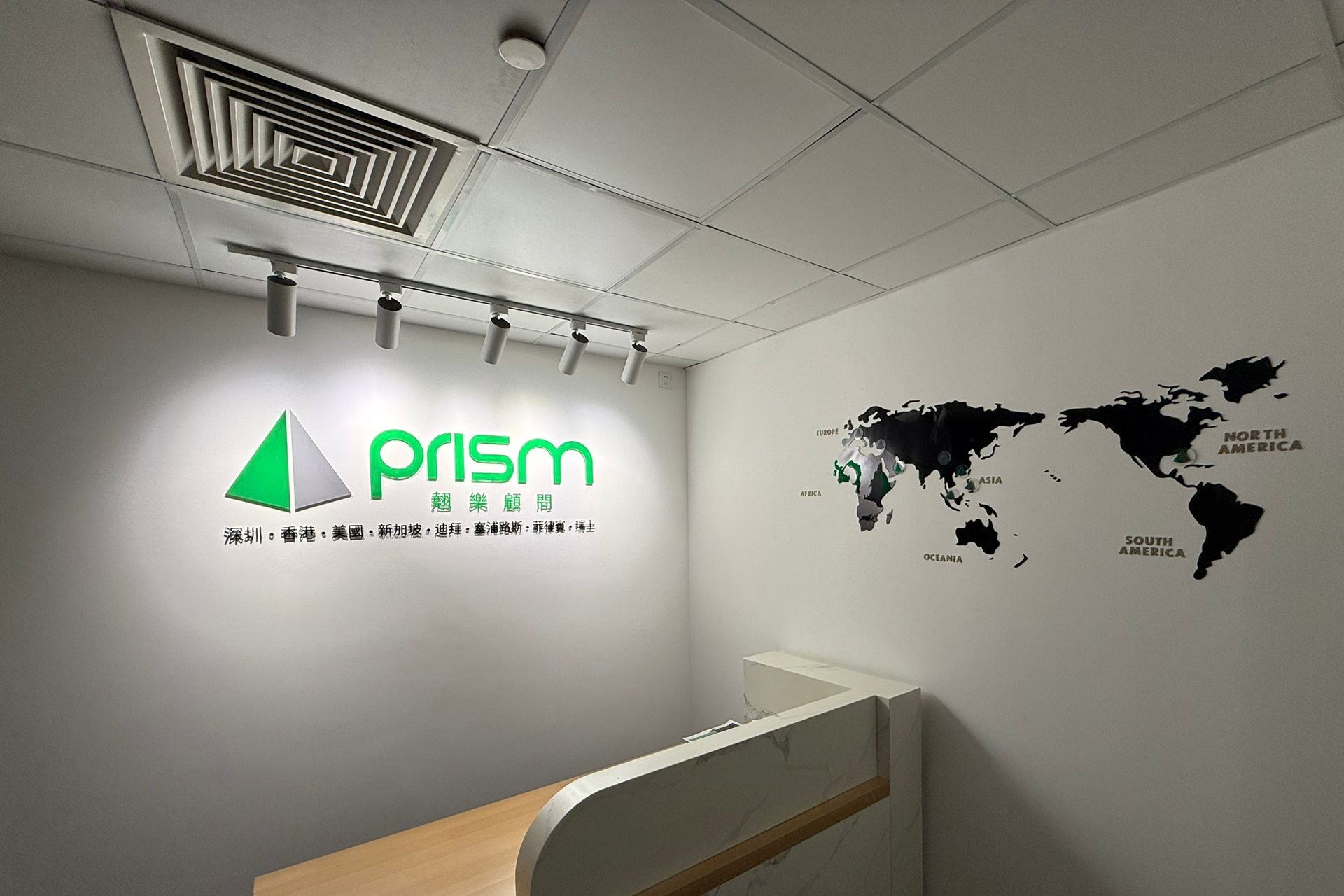Depending on your business’s needs, you might require additional staff to support growth and operations. When hiring employees in Singapore, businesses should note that while the country promotes the hiring of local workers, it is also an open and inclusive economy that welcomes foreign talent with the appropriate background, experience, and skills.
In Singapore, the employer-employee relationship is governed by their employment contract. Generally, parties can agree on terms as they wish, provided they adhere to the Employment Act.
The Singapore Employment Act
The Employment Act is Singapore’s comprehensive law governing labor and employment matters. It sets out detailed rules on the fundamental terms and conditions of employment, as well as the rights, duties, and obligations of both employers and employees.
Your initial task is to determine if your employees fall under the protection of the Employment Act. If they do, the terms specified in their employment contracts must be at least as favorable as those outlined in the Act.
If your employees are not covered by the Act, you can negotiate the terms and conditions of their employment between the parties involved. Once agreed upon, these terms must be clearly outlined in the employment contract, which will be legally binding for both parties.
The Employment Act covers local and foreign employees, except the following:
- Domestic worker
- Seafarer
- Statutory board employee or civil servant
Employment contracts
An employment contract is a formal agreement between an employee and an employer that outlines the terms and conditions of employment. In Singapore, it is recommended to have a written employment contract. Any failure by either the employee or employer to adhere to the agreed terms constitutes a breach of contract.
Most contracts contain key clauses such as the job title, length of employment, salary, and working hours.
Hiring local employees
For employees who are Singapore citizens or Permanent Residents (PRs), the employer must contribute to the Central Provident Fund (CPF). Both the employer and employee make monthly contributions, with the maximum rates being 17% for the employer and 20% for the employee. These rates may be lower depending on the employee’s age and PR status.
The employer must make the monthly payment, covering both the employer’s and employee’s contributions, by the 14th of the subsequent month. The employee’s share is deducted from their salary. Foreign employees in Singapore are not required to contribute to the CPF.
Hiring foreign employees
According to the Employment Act, employees who are not Singapore citizens or Permanent Residents must hold a valid work pass to work in Singapore. These work passes must be secured before the employee can begin their job. It is important to be aware that some work passes have restrictions or quotas on the number of foreign employees that can be hired.
Work passes and permits in Singapore
Employing foreign staff in Singapore requires the right work pass or permit, and the rules differ depending on role and qualifications. Prism helps you navigate the application process, prepare documents, and stay compliant with Ministry of Manpower requirements—so you can focus on growing your business while we handle the formalities.



